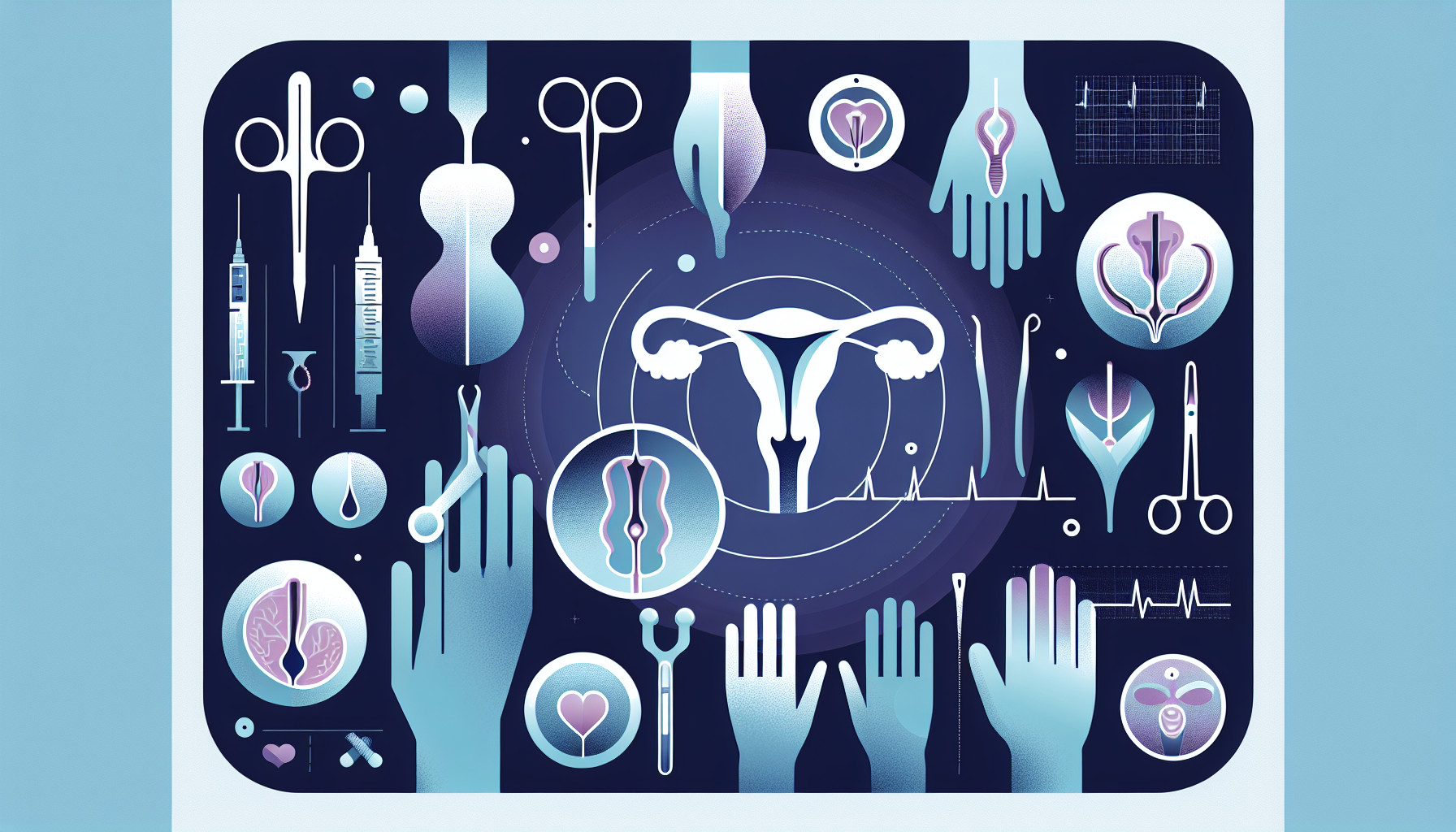Our Summary
This research paper looked at the sexual health outcomes of transgender and gender diverse individuals who have undergone vaginoplasty, a gender-affirming surgery. The researchers searched various medical databases and found 140 studies involving almost 7,000 patients who had undergone the surgery.
The results showed that a wide range of patients (17.4% to 100%, with an average of 79.7%) were able to achieve orgasm after the surgery. It also revealed that the majority of patients (64% to 98%, with an average of 81%) were satisfied with their overall sexual satisfaction. The most common issue reported was pain during intercourse.
However, the paper also pointed out that the methods used to measure sexual outcomes after this type of surgery are quite varied, making it difficult to compare results from different studies. The researchers suggest that a standardized method for reporting these results is needed.
The most frequently reported sexual health parameter was sexual activity, while the least reported were the use of aids and the experience of pleasure. The authors call for future studies to improve and broaden the ways in which sexual health is measured after gender-affirming surgeries like vaginoplasty.
FAQs
- What were the key findings of this research on sexual health outcomes after vaginoplasty?
- What are the most common issues reported after undergoing vaginoplasty?
- Why do the researchers suggest a standardized method for reporting sexual health outcomes after vaginoplasty?
Doctor’s Tip
A helpful tip a doctor might give a patient considering vaginoplasty is to have open and honest communication with their healthcare provider about their expectations, concerns, and goals for the surgery. It is important to have a clear understanding of the potential risks, benefits, and limitations of the procedure in order to make an informed decision. Additionally, following post-operative care instructions and attending follow-up appointments is crucial for achieving the best possible outcomes.
Suitable For
Overall, transgender and gender diverse individuals who are experiencing gender dysphoria and desire to align their physical body with their gender identity are typically recommended for vaginoplasty. This surgery can help these individuals feel more comfortable and confident in their bodies, improve their quality of life, and enhance their overall well-being. It is important for individuals considering vaginoplasty to consult with a qualified healthcare provider to discuss their specific needs and goals, as well as to understand the potential risks and benefits of the procedure.
Timeline
Before vaginoplasty, a patient typically goes through a process of gender transition, which may involve hormone therapy, counseling, and living as their identified gender. They then undergo a series of consultations with healthcare providers to discuss the surgery, its risks and benefits, and to prepare for the procedure.
After vaginoplasty, the patient will experience a period of recovery, which may involve pain, swelling, and discomfort. They will need to follow post-operative care instructions, such as taking prescribed medications, avoiding strenuous activities, and attending follow-up appointments with their healthcare provider.
Over time, the patient will likely experience changes in their sexual function and satisfaction. Studies have shown that many patients are able to achieve orgasm and are satisfied with their sexual health after vaginoplasty. However, issues such as pain during intercourse may still be present and may require further treatment or management.
It is important for patients to have ongoing support from healthcare providers and mental health professionals to address any concerns or difficulties they may have after vaginoplasty. Long-term follow-up care is essential to ensure the patient’s overall well-being and satisfaction with their gender-affirming surgery.
What to Ask Your Doctor
Some questions a patient should ask their doctor about vaginoplasty include:
- What are the potential risks and complications associated with vaginoplasty surgery?
- What is the expected recovery time after surgery and when can I resume sexual activity?
- Will I need to follow any specific post-operative care instructions to maintain sexual health?
- How will the surgery impact my sexual function and sensation in the long term?
- Are there any potential changes in sexual orientation or gender identity after undergoing vaginoplasty?
- What are the options for addressing any potential pain or discomfort during sexual activity post-surgery?
- Will I need to undergo any additional procedures or treatments to achieve optimal sexual health outcomes after vaginoplasty?
- How often should I follow up with my healthcare provider to monitor my sexual health after the surgery?
- Are there any resources or support groups available for individuals undergoing gender-affirming surgeries like vaginoplasty to address sexual health concerns?
- Can you provide me with information on any research or studies related to sexual health outcomes after vaginoplasty that may help me better understand what to expect?
Reference
Authors: Kloer C, Parker A, Blasdel G, Kaplan S, Zhao L, Bluebond-Langner R. Journal: Andrology. 2021 Nov;9(6):1744-1764. doi: 10.1111/andr.13022. Epub 2021 May 10. PMID: 33882193
